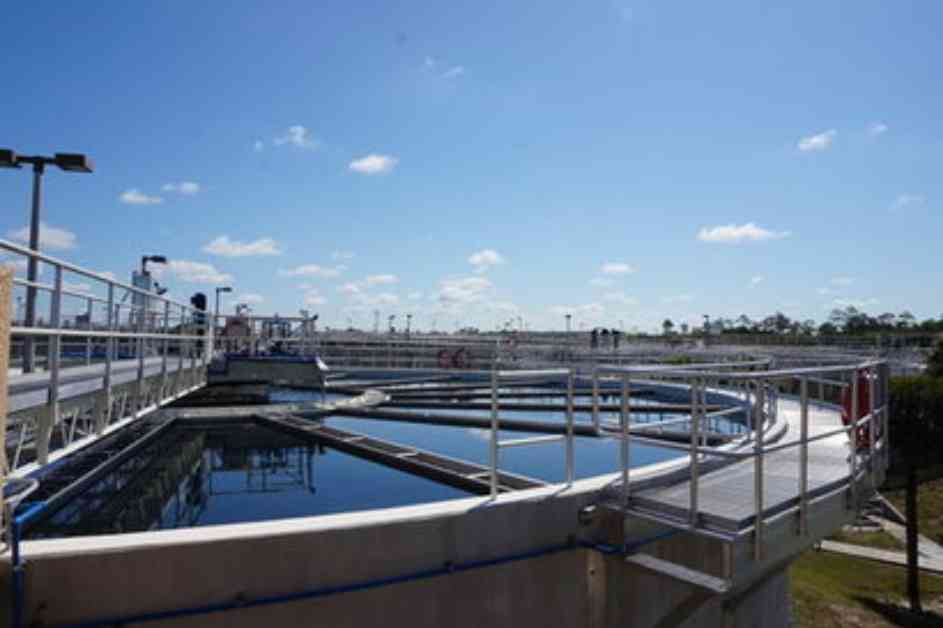The ees fair (the great European fair of batteries and energy storage systems) has already selected the innovative products and solutions that aspire, as finalists, to the ees 2021 grand prize. Regardless of which one or ones are the winning candidates, the mere inclusion in this exquisite VIP group is a success for the companies. Here are the ten finalists for the 2021 ees Award (ees is one of the four fairs that make up the great annual European event in the energy sector, The smarter E).
Innovations in energy storage are crucial for the decarbonization of water utilities. As water utilities strive to reduce their carbon footprint, the use of advanced battery technology can play a significant role in achieving this goal. By implementing energy storage solutions, water utilities can optimize their energy consumption, integrate renewable energy sources, and reduce greenhouse gas emissions.
One of the key challenges faced by water utilities is the intermittent nature of renewable energy sources such as solar and wind. Energy storage systems can help address this challenge by storing excess energy generated during periods of high production and releasing it during times of high demand. This not only helps to stabilize the grid but also allows water utilities to maximize the use of renewable energy.
Moreover, energy storage systems can also help water utilities reduce their operational costs. By storing energy during off-peak hours when electricity prices are low and using it during peak hours when prices are high, water utilities can save money on their energy bills. This cost-saving potential makes energy storage an attractive investment for water utilities looking to optimize their operations and reduce expenses.
In addition to cost savings, energy storage systems can also improve the reliability and resilience of water utilities’ operations. By providing backup power during outages or emergencies, energy storage systems can ensure that water treatment plants continue to operate smoothly, providing clean and safe drinking water to communities. This added layer of security is essential for water utilities, especially in times of increasing climate-related disasters.
Overall, the ees 2021 finalists highlight the innovative solutions that are driving the decarbonization of water utilities. By leveraging advanced battery technology and energy storage systems, water utilities can enhance their sustainability efforts, reduce their environmental impact, and improve their overall efficiency. As the world transitions to a low-carbon future, the role of energy storage in water utilities will only continue to grow in importance.
